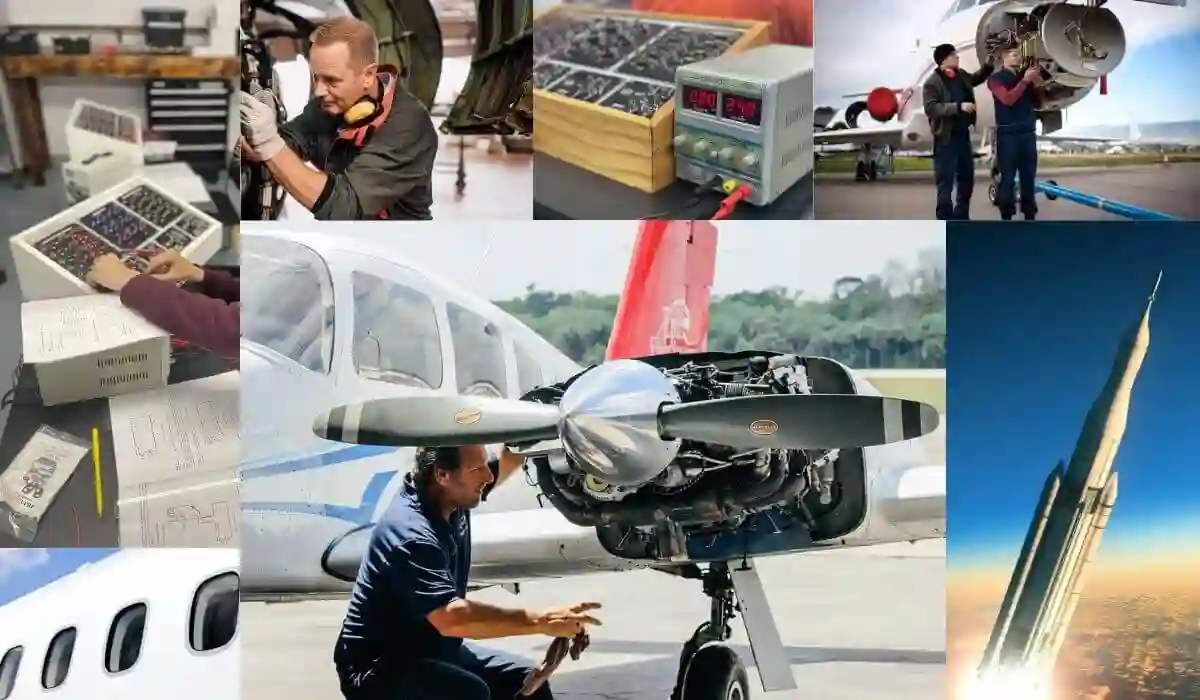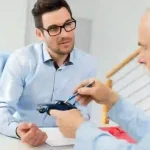With one to two years of instruction in any of the more than 170 FAA Part 147 recognized aviation maintenance schools, prospective aircraft mechanic students can complete all of the FAA’s knowledge and experience criteria for aircraft mechanic certification. Once all of the needed curriculum for FAA certification has been completed, tuition and additional costs at a typical aviation mechanic school may range from $15,000 to $35,000. The annual cost of room and board alone is frequently between $8,000 and $10,000.
So, how does one pay off this debt? Most institutions that train mechanics for airplanes typically provide financial aid packages and scholarships. The majority of students receive financial aid of some kind, and sometimes as many as two thirds of students are given grants or scholarships. More than 90% of the time, loans between $5,000 and $15,000 are given to students.
The Free Application for Federal Student Aid (FAFSA), which is available online, must be filled out by technical college students who wish to apply for student loans. The FAFSA application is the first step in determining your eligibility for student loans and any grants that may be available, depending on your financial need. On the FAFSA website, you can complete the application for free. It is crucial to confirm that you are attending a federally accredited university before seeking loan funding. This can be verified on the website ope.ed, which hosts “The Department of Education Database of Accredited Postsecondary Institutions.” A school for Auto Mechanic School in Las Vegas‘ accreditation status and date of accreditation can be found in this database.
Federal Pell Grants, Federal Stafford Loans, Alternative Student Loans, Federal Parent Loans for Undergraduate Students (PLUS), and Veteran’s Training are a few options for financial aid.
PLUS Loans and Stafford Loans Loans, which are frequently provided in higher education degree programs, are not typically provided in a trade school setting, including the majority of schools that teach aircraft mechanics. Because of this issue, numerous alternative student loan programs designed specifically for trade schools have been developed. Private student loans have been employed frequently. When federal loans are insufficient to meet the expense of school, these loans are required.
For students attending trade or technical institutions, some lenders have developed a brand-new type of private student loan called a “Technical Student Loan.” Like many more conventional private loans, loans for technical school include high borrowing ceilings and flexible payback schedules. For trade school students, Sallie Mae offers the helpful and extremely practical Career Training Smart Loan. The Career Training Smart Loan allows applicants to borrow up to the full cost of an aircraft mechanic program, including all associated costs, by applying with a co-borrower if necessary. Flexible interest rates and repayment options are advantageous to student borrowers. The purchase of specialized equipment and tools for airplane mechanics are also permitted as “related expenses.”
The following are some prerequisites for applying for a Career Training Smart Option Student Loan:
You must be an eligible permanent resident or a citizen of the United States.
The Department of Education in the state where the school is located must grant the institution a license.
The lender may have adhered rigidly to extra regulations as well.
Your credit score will also be taken into account when determining the loan’s terms and interest rate.
Private student loans are substantially different from federal student loans in one crucial way: a loan’s evaluation takes into account your credit score and history. If you want to borrow money through a private trade school loan but have bad credit, you must apply with a co-signer who is prepared to assist you and has decent credit. Quizzle.com offers a helpful, cost-free credit score checker.
You must complete some entrance counseling for your aviation mechanic school, usually through a website specialized to the institution you attend. Engage in conversation with your school’s financial aid advisor. Before releasing money from your student loan to pay for your aviation mechanic school expenditures, the majority of technical schools demand that you complete some sort of entry counseling. Important loan information is covered in the counseling, as well as your obligations to repay the loan once you have completed the program. Typically, during your counseling appointment, you can select your lender and electronically sign a master promissory note pledging to repay your debt.
You would undoubtedly receive an education on the theoretical aspects of flying and the devices that enable them in the aviation schools. Naturally, only the fundamentals of flying an aircraft would be taught, as these institutions don’t actually turn out pilots. However, the professors in these institutions ensure that you and your fellow students master every little detail regarding the aircraft engines and mechanics. The goal is to create airplane mechanics who will have no trouble finding employment in any area of the aviation business.
The Best Aviation Mechanics School to Attend
If you are committed to a future as an aviation mechanic, it is crucial that you only enroll in the top educational institutions. Although there may already be a sizable number of aviation schools, not all of them may be regarded as providing high-quality training. This is the reason why you might need to start by determining which of those closest to you could give you top-notch instruction and training in aircraft mechanics.
Finding out whether an aviation mechanics school truly gives students the chance to go to the workshop and put the theories they have been taught into practice is one of the first questions you should ask. It seems that understanding the theories in aviation mechanics is only the beginning; actual application of the theories is also required. Your best indicator of whether or not you have understood the ideas is how well you perform the tasks in the workshop. You will only judge your job readiness once you have seen how well you performed in the workshop.








